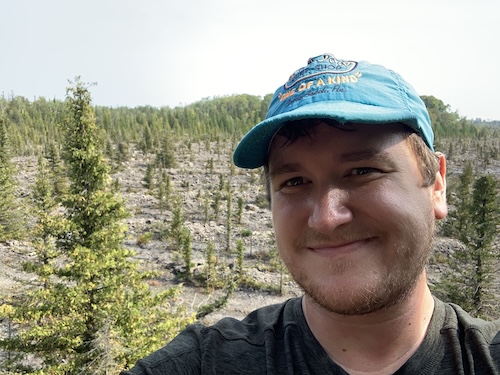
 back to all news
back to all news
Inventing tomorrow: David Cannon

David Cannon is an assistant research scientist at the Cooperative Institute for Great Lakes Research, which is hosted by the University of Michigan School for Environment and Sustainability (SEAS). We asked him to share more about his work in this brief Q&A.

What is your research focused on?
At the highest level, my research focuses on understanding physical processes in the Laurentian Great Lakes and how they affect downstream ecosystem services. My work is designed to provide short-term (i.e., week-scale) and long-term (i.e., century-scale) guidance for coastal management across the region, with projects focused on lake and climate model development, future climate change projections, lake monitoring and coupled ecosystem modeling. I spend a lot of time thinking about how the lakes are changing and how we can use this information to create more resilient coastal communities.
What is the impact of this research?
Much of my work is focused on the development of operational model products at the National Oceanic and Atmospheric Administration Great Lakes Environmental Research Laboratory, especially the Great Lakes Operational Forecast System (GLOFS). GLOFS is an operational model that provides real-time nowcast and forecast guidance for temperatures, current velocities, ice cover and water levels in the Great Lakes. This research is really rewarding in that it has direct impacts on regional stakeholders, including homeowners, coastal managers, lake navigators and emergency responders, who all use these model forecasts to inform day-to-day decisions. We’re currently working on extending the model domain to include many more bays and harbors around the lakes. This will help ensure that coastal communities prepare for floods or evacuate when high waters levels are forecasted.
Learn more about SEAS research scientists:

